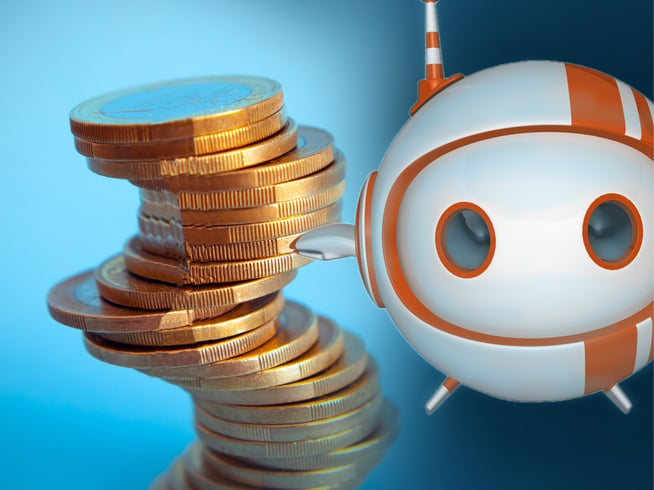
There are plenty of people who don't have an emergency fund. In fact, nearly 30 percent of Americans don't, according to a report by NeighborWorks America.
While I understand there are many external factors at play that influence our ability to save, I'm a firm believer in focusing on controlling what we can.
Don't let the external stuff shift your focus to an unproductive level. Do everything in your power to earn enough so that you can save.
This means everything from being particular about who you associate with to being particular about how you spend what you've earned.
Why do you need an emergency fund?
Because nothing eases the mind like a giant pile of cash.
It's peace of mind knowing that you aren't one unexpected car repair away from debt. It's knowing that you don't have to stay in a relationship for financial reasons. It's having the space and time to find a job that you want rather than just need. It’s a luxury to have an emergency fund.
Emergencies are including, but not limited to the following:
- Being unemployed for any amount of time
- Splitting up with a significant other that you live and share expenses with
- Taking time off of work for physical or mental health reasons
- Taking time to figure your life out
- An unplanned baby on the way
- Unexpected home, car, or other expenses
What is an emergency fund?
It’s cash saved in a high-yield savings or money market account. The textbook definition of an emergency fund is an amount equal to 3 to 6 months (more or less) of your expenses. In other words, the amount you save is a multiple of the amount you spend each month.
We can quibble about how much you need, but then we waste our energy and miss the point. I like 3 months of savings because it's the bare minimum and that gives you 90 days to figure things out. Some people can't sleep at night unless they have 6 or 12 months. Do what suits you.
How to save
- Figure out how much you spend. Example: $3,500/month.
- Figure out how much you'd like to save. Example: 3 months of expenses. $3,500 x 3 = $10,500
- Don't freak out that you need to save $10,500. Whoa, it feels like a lot if you're far away from your goal. Or, maybe you already have that saved. Cool. Have a beer and pat yourself on the back.
- Break up the savings into a manageable goal. For example, $10,500 can be saved over 12 months if you save $875/month. The same amount can be saved over 24 months if you save $437.50/month.
The Bottom Line
It's in your best interest to have a pile of cash to the tune of a few months' worth of your expenses. Most people get this pile through working and saving. This pile will help you not freak out about expenses you didn't plan for. This pile will help you not get into debt. Respect the pile and the peace it gives you.
Occasionally, Logix will invite guest bloggers to post on assorted financial topics. These posts may or may not represent our views.











